Yang Na: grassroots worker engaged in ethnic culture promotion
开头吹佤笛 (Wa flute playing.)
我叫杨娜,是佤族,我是西盟县文化旅游局的一名基层的民族文化工作者。
I’m Yang Na, a member of the Wa ethnic group. I’m a grassroots worker engaged in ethnic culture promotion in the Ximeng County Bureau of Cultural Tourism.
我从小就出生在佤寨,我的家在西盟县的勐卡镇。是在祖国的西南边陲的一个民族县。
I was born in a Wa village. My hometown is Mengka Township in Ximeng Wa Autonomous County, in southwest China.
这个是佤文化的发源地,所以我从小就是听着老人拉着独弦琴,吹着我们的各种佤族乐器,然后唱着各种山歌,在这样的一个环境当中成长的,所以特别喜欢我们的佤文化。
It’s the cradle of the Wa culture, so I grew up listening to old people playing various Wa musical instruments, including the single-string instrument, and singing a variety of folk songs. Growing up in such an environment, I especially like our Wa culture.
我们佤族是一个会说话就会唱歌,会走路就会跳舞的民族,我们的佤族甩发舞,跳起来特别的美。
We Wa people can sing as soon as we start to speak, and we can dance as soon as we start to walk. The hair-waving dance of our Wa ethnic group is particularly beautiful.
在重大的节庆日的时候,或者有宾客来到阿佤山的时候,会跳这个甩发舞。
We perform the hair-waving dance at major festivals or at times when guests come to the Awa Mountains.
我们佤族姑娘们劳作回来以后,也会三五成群地聚在一起,几个人就会斗舞的这种甩头发,所以长发也成为了佤族美女的一个标志。
When young Wa women come back from work, they always gather in small groups and hold hair dance competitions. So long hair becomes a symbol of beauty among Wa women.
我虽然说是80后的女孩,但是我经历了其他80后的孩子没经历过的。
While I’m a member of the post-80s generation, I’ve experienced what other post-80s haven’t.
你看过去我们佤族的贫穷,到现在过上幸福生活,从过去泥泞的羊肠小道到现在的大道,从过去的没学上,上不起学,到现在九年义务教育在西盟(听)高中都不用交学费,只要考取大学,还有补助。
You can see that in the past we were poor, but now we live a happy life. In the past, we only had muddy trails, but now we have highways. In the past school-age children couldn’t afford going to school. But now, they don’t even need to pay for high school because of the nine-year compulsory education policy. If you’re admitted to a college, you’ll get a stipend.
我住过茅草房,我住过我们的挂瓦房(音),我也住过我们的石棉瓦房。
I once lived in a thatched hovel. I also lived in a tile-battened hut, and a cabin with asbestos-tile roof.
现在我们的安居工程也做完了,我们的老百姓也住进了宽敞明亮的小洋楼里面,但是你从外面的风貌它都完全融入了我们佤文化的建筑。
Now as the housing project is completed, people have moved in spacious and bright villas. But looking from the outside, you can see that these buildings fitted in our Wa architectures perfectly.
所以经历了一代一代房子的变化,也见证了佤山的变化,真的非常非常的大。
Therefore, we have experienced enormous changes in housing from generation to generation, and seen dramatic changes take place in our Wa Mountains.
(唱《阿佤人民唱新歌》) (The “New Song of Awa People”)
[ Editor: SRQ ]






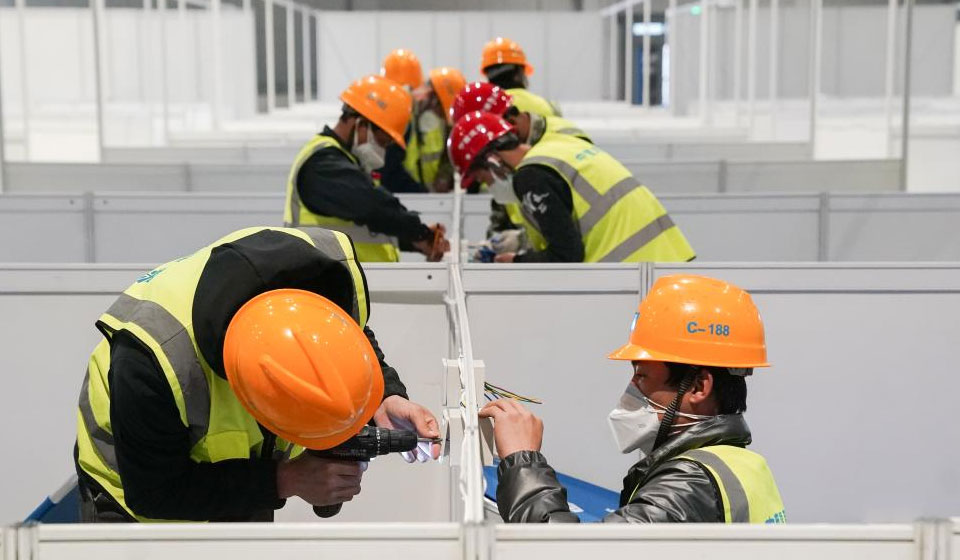
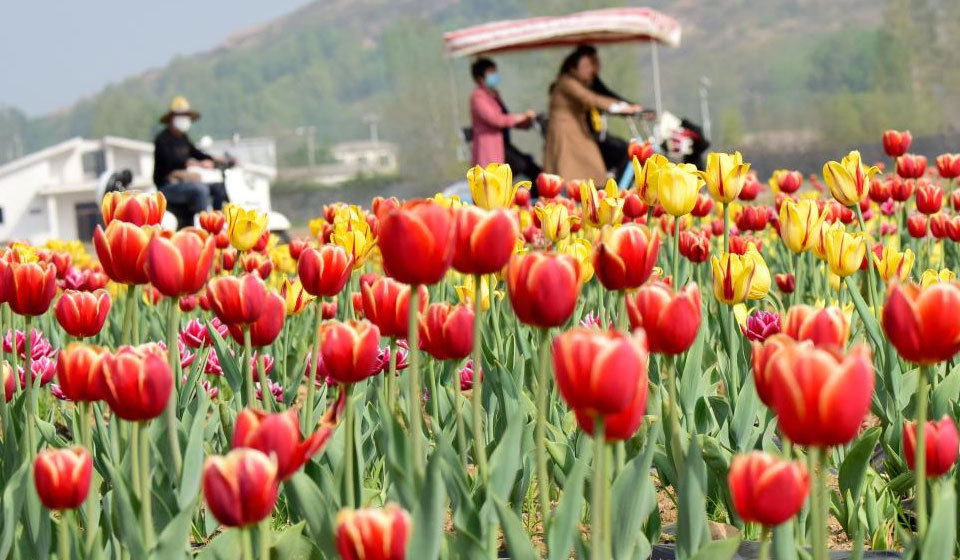

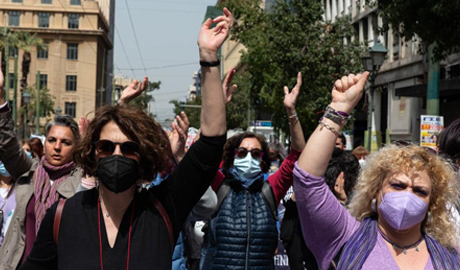



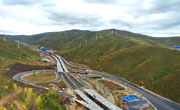
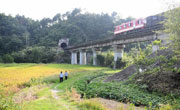

Comments are filtered for language and registration is not required. Guangming Online makes no guarantee of comments' factual accuracy. By posting your comment you agree to our house rules.